Senate Bill 2260 is entitled the “Expiring Provisions Improvement, Reform, and Efficiency Act of 2014” or more succintly the “EXPIRE Act of 2014.”
At present, the website govtrack.us gives the Senate Bill 2260 a 28% chance of being enacted into law. The status of Senate Bill 2260 is that it was reported by committee on April 28, 2014.
One provision of what would become the EXPIRE Act of 2014 if it were to be enacted is particularly troubling. Section 304 would require that a private debt collection be operated by the IRS with all inactive tax receivables being assigned to private collection agencies.
On May 14, 2014, the National Taxpayer Advocate, Nina Olson, wrote a letter to the chairmen of the Senate Finance Committee, the House Ways and Means Committee, and the House Subcommittee on Oversight of the Ways and Means Committee, as well as the ranking members of those committees, addressing her concerns over the EXPIRE Act’s mandate to use private collection agencies to collect delinquent federal tax debts.
You can read Ms. Olson’s letter at this link:
Taxpayer Advocate Letter to Congress
As of now, it appears unlikely that the EXPIRE Act of 2014 will actually become law. However, as a result of the inclusion of Section 304 providing for private debt collectors to get into the IRS tax debt business, it is important to keep an eye out for any Congressional movement on Senate Bill 2260.
